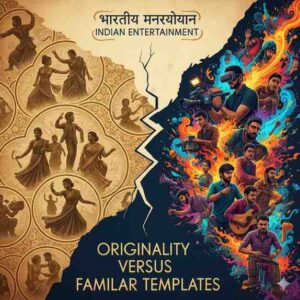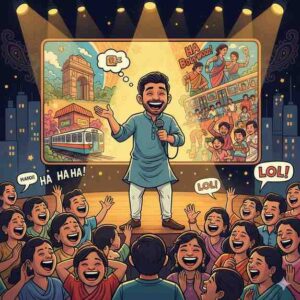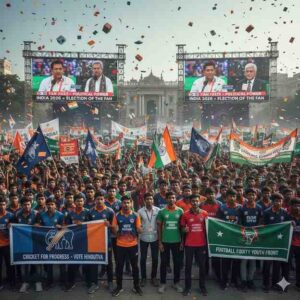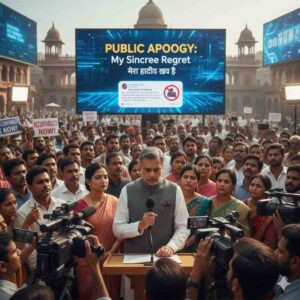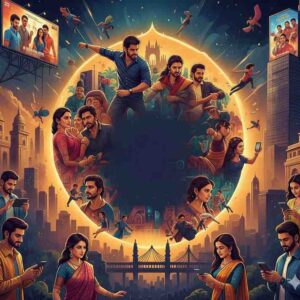As the world becomes increasingly digitized, technology has started to play a transformative role in religious practices, including Hinduism. By 2025, advancements in artificial intelligence, virtual reality, and digital platforms have deeply impacted how Hindus connect with their faith, blending tradition with modern innovation.
1. Virtual Temples and Online Rituals
In 2025, visiting temples is no longer limited to physical spaces. Virtual reality (VR) technology allows devotees to experience darshan (viewing of the deity) from their homes. Prominent temples like Tirupati Balaji, Vaishno Devi, and Puri Jagannath have introduced VR platforms that replicate the ambiance of the temple.
According to a 2024 survey by the Pew Research Center,62% of Indian Hindushave engaged in virtual rituals or live-streamed temple events, a significant increase from 40% in 2020. These innovations, driven by pandemic-induced shifts, have now become a normalized part of spiritual life, especially for the diaspora and those unable to travel.
2. AI-Powered Spiritual Guidance
Artificial intelligence has revolutionized how spiritual seekers access knowledge. In 2025, AI-powered chatbots, such as “VedAI” or “DharmaBot,” provide personalized interpretations of scriptures like the Bhagavad Gita and Upanishads. These tools answer theological questions, suggest mantras, and even guide meditation routines.
Apps integrating AI have gained immense popularity among younger Hindus, with78% of users under 35relying on them for daily spiritual practices, as reported by the Indian Tech-Spirituality Alliance in 2025. These platforms bridge generational gaps, making Hindu philosophy more accessible to tech-savvy individuals.
3. Blockchain for Ritual Transparency
The integration of blockchain technology has enhanced the transparency and accountability of temple donations. By 2025, several major temples, including the Shree Siddhivinayak Temple in Mumbai, have adopted blockchain to ensure that offerings are utilized ethically.
This innovation has garnered widespread support, with85% of respondentsin a 2025 Lokniti-CSDS survey expressing trust in blockchain-enabled donation systems compared to traditional methods. Additionally, blockchain is being used to preserve ancient manuscripts, ensuring that sacred texts are securely digitized for future generations.
4. Social Media and the Digital Community
Social media platforms have evolved into virtual congregations where devotees share knowledge, discuss spiritual topics, and participate in collective prayers. Platforms like X (formerly Twitter), Instagram, and YouTube host live satsangs (spiritual discourses), making spiritual leaders more accessible than ever before.
By 2025, hashtags like #DigitalDarshan and #VirtualPuja trend regularly, with millions of posts highlighting the blending of spirituality and technology. Social media has also become a powerful tool for mobilizing environmental initiatives rooted in Hindu ethics, such as river conservation campaigns inspired by the reverence for rivers like the Ganga and Yamuna.
5. Challenges of Digital Devotion
Despite the benefits, the digitalization of Hindu practices has raised concerns about the dilution of spiritual depth. Critics argue that the immersive experience of visiting a temple or participating in a communal ritual cannot be replicated virtually. Furthermore, the commercialization of online rituals and the proliferation of unverified spiritual content threaten the sanctity of practices.
Efforts to address these challenges include government-backed initiatives to regulate online spiritual platforms and ensure authenticity in digital religious services.
Conclusion
By 2025, modern technology has reshaped Hindu practices, making spirituality more accessible, inclusive, and efficient. While these innovations offer immense opportunities for connecting with the faith, they also require careful balance to preserve the essence of Hindu traditions. As technology continues to evolve, its integration into Hinduism will likely deepen, redefining the way devotees engage with their spiritual heritage in the digital age.



